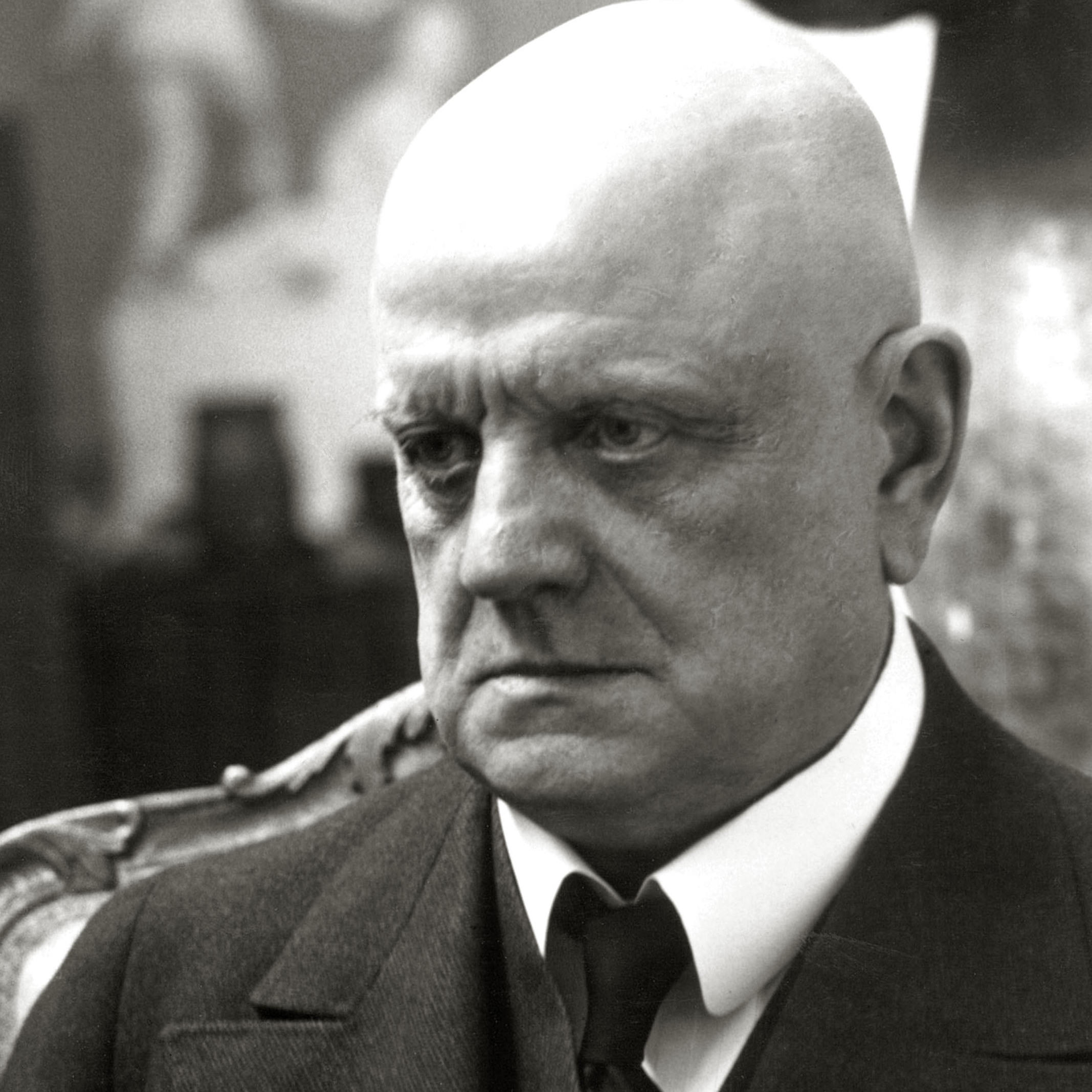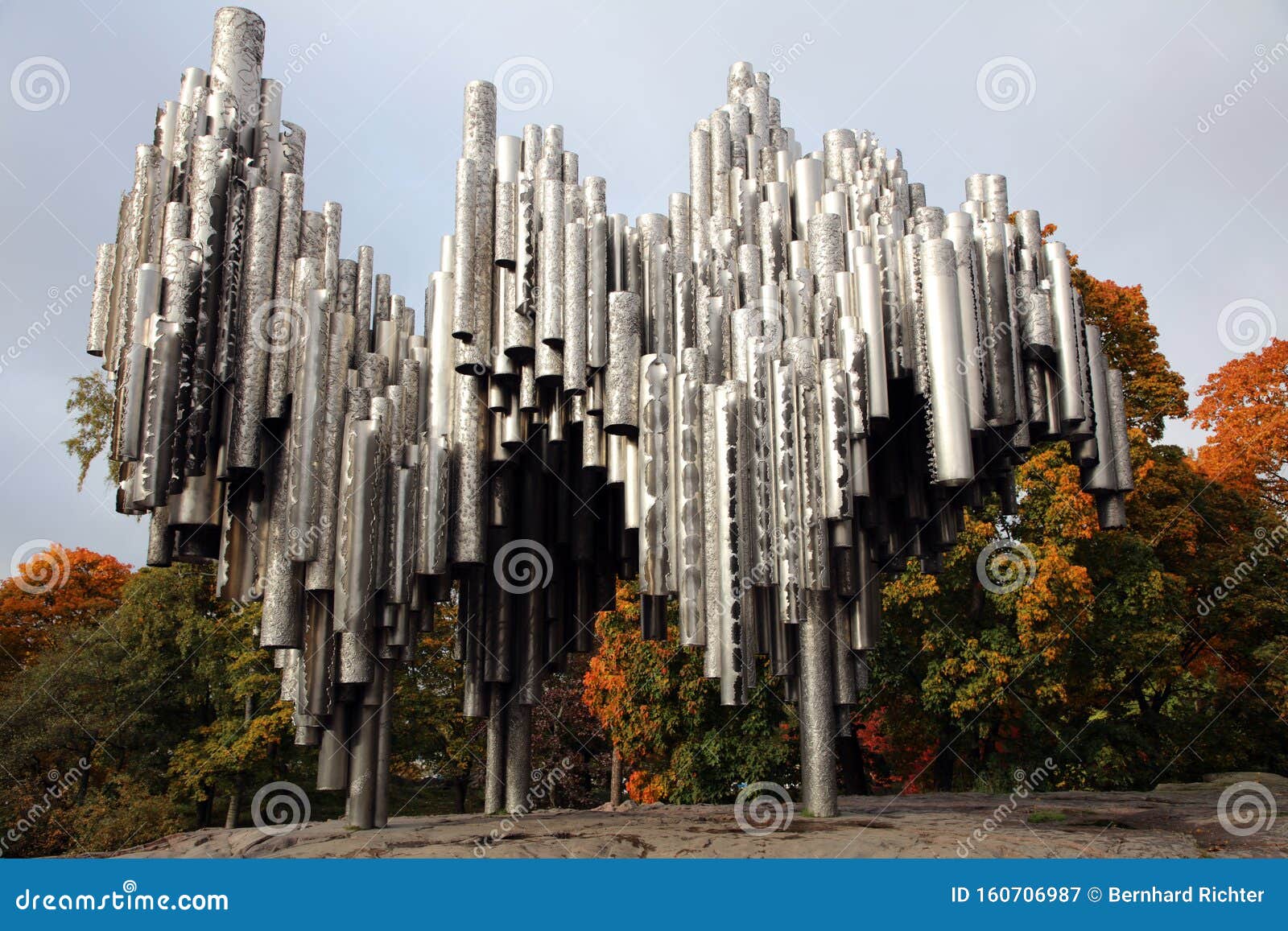
That you have cast off the shackles of slavery The morning vanquishes the darkness of night,įinland arise, face the future with pride, The lark’s song sings out in the morning light, Although some may consider that a kind of artistic larceny, I simply chalk it up to the music’s tremendous evocative power, expanding the original Finn version to an all-encompassing love of countries and peoples everywhere, in all their nobility, pathos, struggle and ultimate surrender to love.Īnyway: here’s the original, courtesy of the BBC Orchestra’s homage to Finland in an independence celebration in 2011.ĭaylight has banished the menace of the night, Then we’ll get to a couple of subsequent lyrical versions that cast a wider universal net over the song. That’s the version we will listen to here, with lyrics attached to the You Tube but following below as well so we can grasp them at our own pace.

#SIBELIUS FINLANDIA FULL#
It does, however, suggest conflict and turbulence until its latter stages, when it downshifts toward serenity and the lush melodic hymn that got its Finncentric lyrics in 1941, when Veikko Antero Koskenniemi focused on the country’s particular struggles to overcome oppression and claim its full sovereignty. Those conflicts grew only worse through the explosive and complicated two world wars of the twentieth century, the second of which saw Finns and Russians alternating as both opponents and allies in the complex geopolitical machinations that accompanied the war.ĭespite its foundation in protest, “Finlandia” evokes no bitterness, but only tender love of country and a kind of stout patriotism devoid of jingoistic, martial fervor. Finnish history had been marked by conflict with its Eastern neighbor over centuries, border and land skirmishes occasionally erupting into war and Russian occupation of the much smaller and militarily less powerful Finns. Sibelius wrote “Finlandia” in 1899 purely for orchestra as part of a protest against Russian censorship. 26,” the piece is a “tone poem” in classical music parlance, which is typically less ambitious in scope and length than a symphony or concerto, but gives composers a chance to develop a theme laden with particular emotions and moods in just one movement. I don’t remember anymore how and when I looked into the background of the piece-likely from the album liner notes, at least initially-but it didn’t surprise me that it spoke of courage, heroism, conflict, carnage, resistance and ultimate triumph, with a theme of the universal brother/sisterhood that always underlies such struggle. I remember getting the Sibelius back home to play on my $99 record player (with detachable wired speakers!), and being absolutely floored by its beauty, the lush evocative melodies taking me through heights and depths of emotion over just the eight minutes or so it ran. So I had taken to scouring music stores to score used albums that looked intriguing enough to justify the fifty cents or dollar they would set me back.

I’d taken a music appreciation class in college, inspired partly by my mother, who grew up around classical music in her native Hungary and had exposed me to it along with Nat King Cole and a few other stalwarts of the era. And so it was the first time I came across Jean Sibelius’s “Finlandia,” on an LP I picked up used in a dusty music store in Santa Monica, California just about a half-century ago.


The best music always crawls right under your skin, raising a few goosebumps along the way as it wends its way in short order to your heart.


 0 kommentar(er)
0 kommentar(er)
